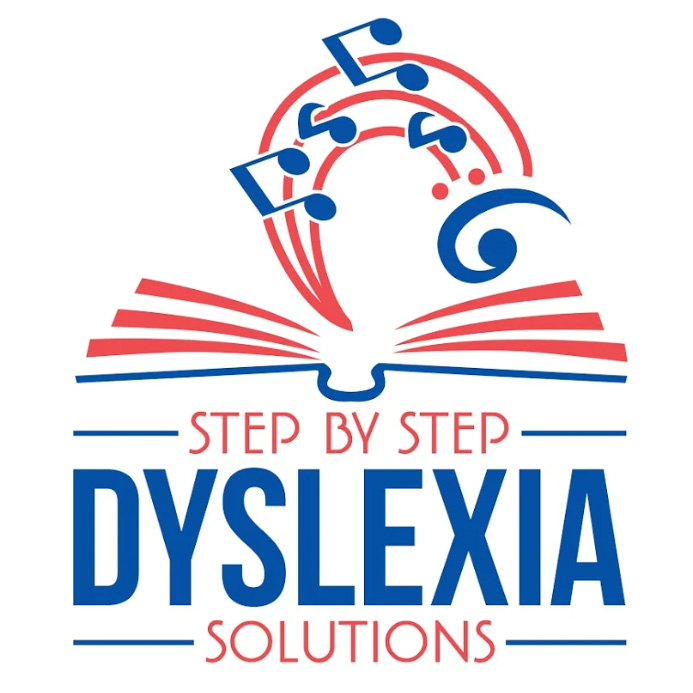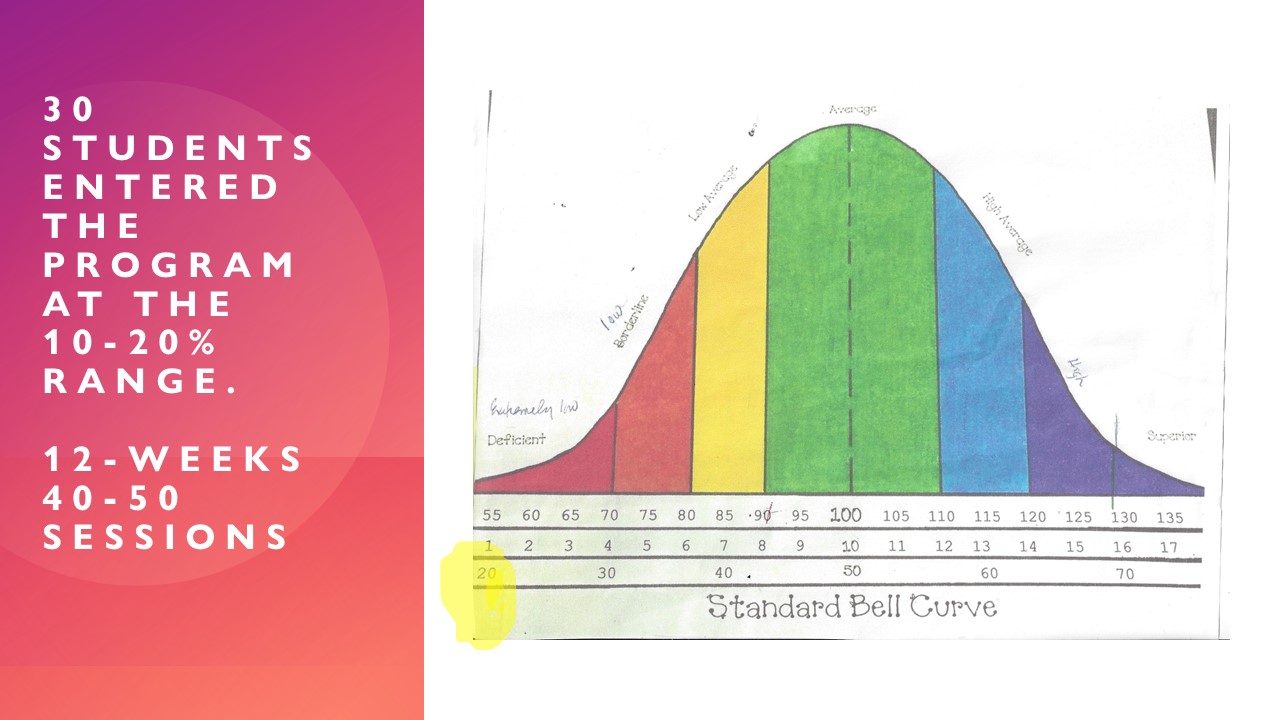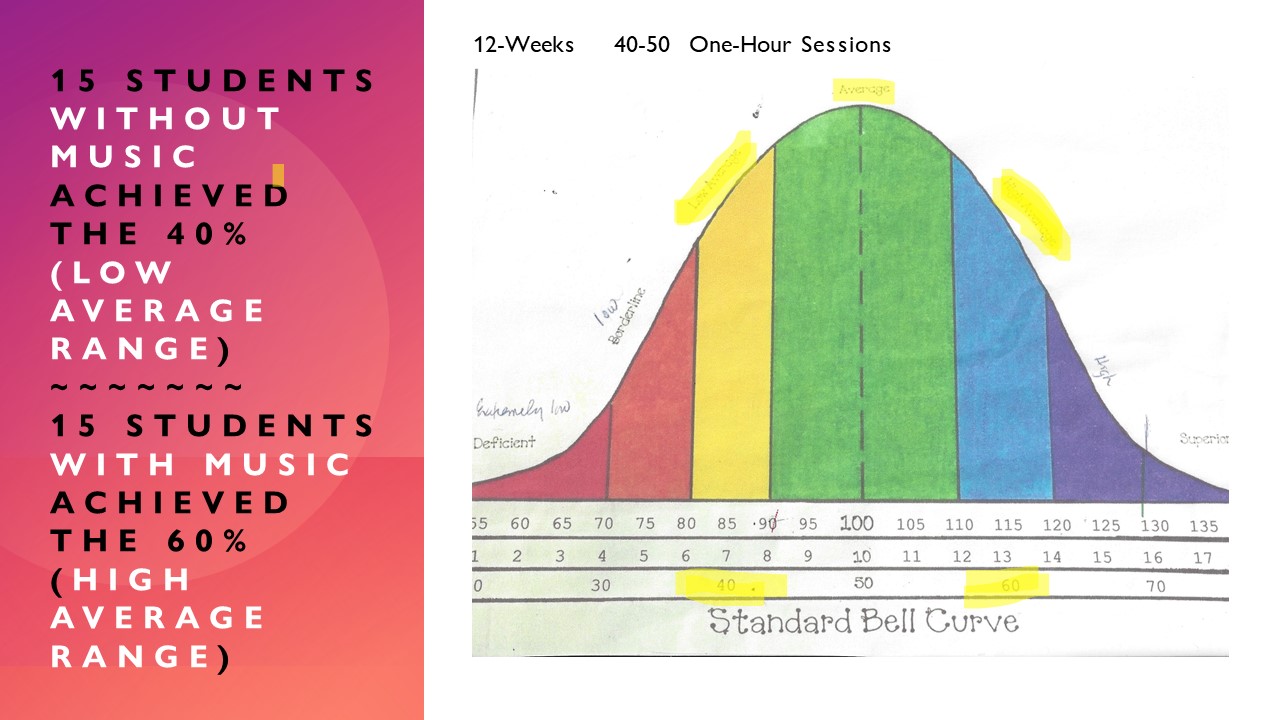
Why Music?
Background for Success with Music
Step by Step is a start-up nonprofit recently founded by Dr. Marianne Cintron to further the relatively novel concept of combining structured language teaching with music. Learning disabilities like dyslexia often come with attention issues, sometimes significant enough to be classified as Attention Deficit Hyperactivity Disorder.
Early research at Stanford University by Vinod Menon, PhD, associate professor of psychiatry and behavioral sciences and of neurosciences, has shown that when students listen to a piece of classical music with wandering attention, at the transition point between movements, their attention is arrested. Research findings expand on previous functional brain imaging studies of anticipation, which is at the heart of the musical experience.
Actively engaged student listeners, even subconsciously, are following the ongoing development of the score, and forming predictions about what will come next. “Typically, in music, when something will come next is known, because of the music’s underlying pulse or rhythm, but what will occur next is less known.”
In the research article by Adam Croom, Music, Neuroscience, and the Psychology of Well-Being, he stated “It has been well argued by scholars that the biologically adaptive function of expectation is to prepare the organism for ‘appropriate action and perception,’ with regard to future objects and events (Huron, 2006, p. 3), which is an undeniably crucial capacity for successful survival and reproduction.” The speech to text associations in structured language, that begin in pre-school with rhyming simply demonstrate the connection between sounds and written words.
Explicit reading instruction that gives a student the ability to carefully decode words can be difficult for dyslexics, but with accompanying music they have a cognitive and attention advantage that can accelerate their success.
At Step by Step Dyslexia Solutions, Dr. Cintron’s research-based reading program produces solid results in reading comprehension, fluency, and vocabulary development. In some cases, students have made 1-3-year gains with structured literacy programs combined with music in as little as 6 weeks.


